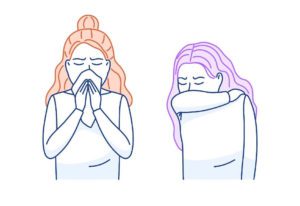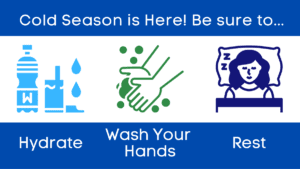 The cooler months of the year aren’t just the time for holiday festivities. Unfortunately, lower temperatures can also bring on an increased spread in viruses, which means – cold season is here!
The cooler months of the year aren’t just the time for holiday festivities. Unfortunately, lower temperatures can also bring on an increased spread in viruses, which means – cold season is here!
Fortunately, there is no solid evidence that exposure to cold temperatures will always result in a cold (only viral infection can do that), but the cooler months, commonly referred to as Cold Season, can put you at increased risk. In this article, we’ll discuss the Cold Season—what it is and when it occurs—as well as the steps you can take to keep yourself healthy and safe.
Contents
- What is the Cold Season?
- When Does Cold Season Occur?
- How to Protect Yourself This Cold Season
WHAT IS THE COLD SEASON?
Cold Season is a term used to describe a time of year with a significantly higher rate of common cold infections. Although you can get sick with a cold at any time of year, the winter months are considered peak cold season. Typical symptoms of the common cold include the following:
- Sneezing
- Stuffy and/or runny nose
- Sore throat and/or coughing
- Post-nasal drips
- Watery or irritated eyes
- Fever
WHEN DOES COLD SEASON OCCUR?
With temperatures and humidity dropping, the fall and winter months make the perfect time frame for the spread of viruses that cause the common cold and as well as the flu—in the United States, this period typically occurs from September to April each year.
HOW TO PROTECT YOURSELF THIS COLD SEASON
There are a number of things that contribute to the increase of cold cases in the cooler months of the year, including the tendency for people to spend more time indoors (and in close quarters with one another). Drops in humidity and temperatures also facilitate the spread and, in more severe seasons, mutation of viruses.
Luckily, there are a number of ways you and your loved ones can stay safer and healthier this Cold Season:
- Reduce contact with individuals who have cold-like symptoms
- Clean your hands
- Stay hydrated by drinking plenty of fluids
- Rest! Prevent exhaustion by maintaining a healthy sleep schedule
If you do catch a cold this year, it’s important to seek treatment if more severe symptoms like fever and coughs don’t clear after approximately 10 days or if a fever lasts more than 4 days. To get yourself feeling better as soon as possible, get plenty of rest, keep yourself hydrated at all times and try using a humidifier or breathing in steam from a bowl of hot water or shower.
At NAFC, we are committed to building a healthy America and to make sure that communities throughout the country have the resources they need to live a healthier life. Learn more about the NAFC by visiting our website today!

